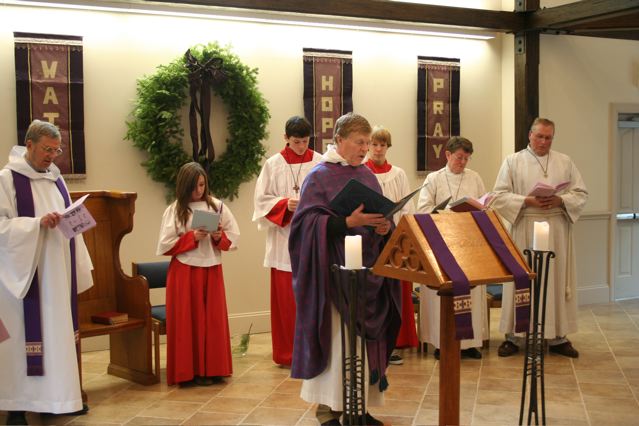Acts 2:14a, 36-41Â Â Â Â Â Â Â Â Â Â Â Â Â Â Â Â Â Â Â Â Â Â Â Â Â Â Â Â Â Â Â Â Â Â Â Â Â Â Â Â Â Â Â Â Â Â Â Â Â Â Â Â Â Â Â Â Â Â Â Â Â Â Â Â Â Â Â Â Â Â Â Â Â Â Â Â Â Â Â
1 Peter 1:17-23Â Â Â Â Â Â Â Â Â Â Â Â Â Â Â Â Â Â Â Â Â Â Â Â Â Â Â Â Â Â Â Â Â Â Â Â Â Â Â Â Â Â Â Â Â Â Â Â Â Â Â Â Â Â Â Â Â Â Â Â Â Â Â Â Â Â
Luke 24:13-35
There is a saying in Zen Buddhism: If you meet the Buddha on the road, kill him. Zen Buddhism is all about the shedding of attachments, including attachment to the Buddha himself. But Christianity, I think, is quite different. You might say it is about the deepening of attachments – though in a particular way, a way that avoids the false attachment of idolatry but leads us rather into a deepening quest for the attachment beyond attachments, that with God himself. Anyway, those thoughts as introduction to the gospel we’ve just heard, in which two of Jesus’ disciples meet him on Easter evening, on the road to a village outside Jerusalem called Emmaus.
What does this story mean? How do you and I encounter the risen Christ on the road of our life? How do our encounters change us? There are three parts to the Emmaus story which we will take up in turn: what Jesus does in “opening the Scripturesâ€; what he does in the “breaking of the breadâ€; and the final notation that when he had opened the disciples’ eyes he “vanished from their sight.â€
